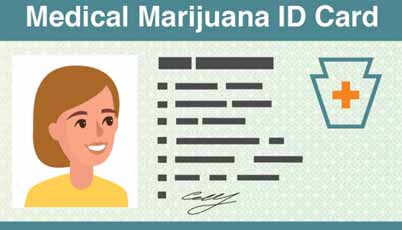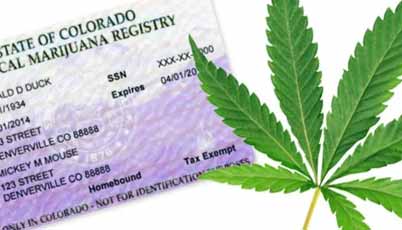If you are considering using medical cannabis, you may be wondering how to get a medical marijuana card. While the process differs from state to state, most follow the same general pattern. To start, talk with your primary care provider about medical marijuana. They will be able to help you apply for a card. Here’s what you need to know. In addition to a doctor’s recommendation, you may need a prescription for medical marijuana.
Conditions that Qualify for a Medical Marijuana Card

A medical marijuana card is a legal document that a patient must carry with them when they’re using it for a specific condition. The conditions that qualify for a medical marijuana card online vary by state, but the list generally includes cancer, glaucoma, HIV/AIDS, PTSD, Multiple Sclerosis, and Huntington’s disease. The card must be presented to the dispensary each time the patient visits.
Patients must have a qualifying condition, and their physician can approve them. There are some restrictions, however. Patients must suffer from severe, debilitating pain that has not responded to traditional medications or surgery for at least three months. Other treatments have resulted in serious side effects. The physician must be a pediatric neurologist, gastroenterologist, or oncologist. It must also be a child with cancer or other serious medical conditions.
Fees for a Medical Marijuana Card

Most states charge an application and registration fee for those wishing to obtain a medical marijuana card. Some states differentiate the fees for patient and caregiver registration, and some charge both. Other states will not charge anything at all for registration, but some may make it a requirement, such as Colorado. Another fee that may be incurred is purchasing medical marijuana. Medical marijuana products must be purchased from a licensed dispensary, and the patient will have to pay for follow-up visits.
The application fee for a medical marijuana card will be $50. This fee is non-refundable, but is waived by DOH. The initial physician consultation will run between $99 and $299. You may also be able to get an online evaluation for $149, which is significantly less than a traditional physician visit. You must have a qualifying medical condition in order to receive a card. The process will take between five to seven weeks from start to finish.
Requirements for Obtaining a Medical Marijuana Card
The requirements for obtaining a medical marijuana card vary from state to state, but they usually follow a similar pattern. The first step is to consult with your primary care provider to determine whether you are eligible for medical marijuana. If you are a minor, you can use your health insurance to pay for the application. Otherwise, you’ll need to pay out-of-pocket for the card.
Once you’ve determined that you qualify, you’ll need to enroll in the database and designate a caregiver. Your caregiver can make purchases from a dispensary on your behalf if you don’t have the time or the energy to do so yourself. The caregiver must register on the state’s website after the application has been approved. You will need to provide the full name and street address of a trusted individual who will act as your caregiver.
Symptoms of Qualifying for a Medical Marijuana Card

There are many different symptoms that might qualify you for a medical marijuana card, and it’s important to note that these conditions vary across states. Some states, like Colorado, have no requirements at all, while others may only have one. In most cases, however, qualifying conditions aren’t that difficult to identify. A patient identification card can help you determine if you qualify for a medical marijuana card. However, be sure to review the requirements carefully to avoid being disqualified due to incomplete documentation.
The first thing to consider is whether you have any of these symptoms. It’s important to note that a physician may recommend a medical marijuana card if your symptoms are chronic and affect your ability to perform basic activities. If these symptoms are affecting your ability to perform daily activities, they may threaten your physical and mental health. While your primary care physician may not be aware of this connection, a qualified physician will be able to determine whether you qualify for a medical marijuana card.


